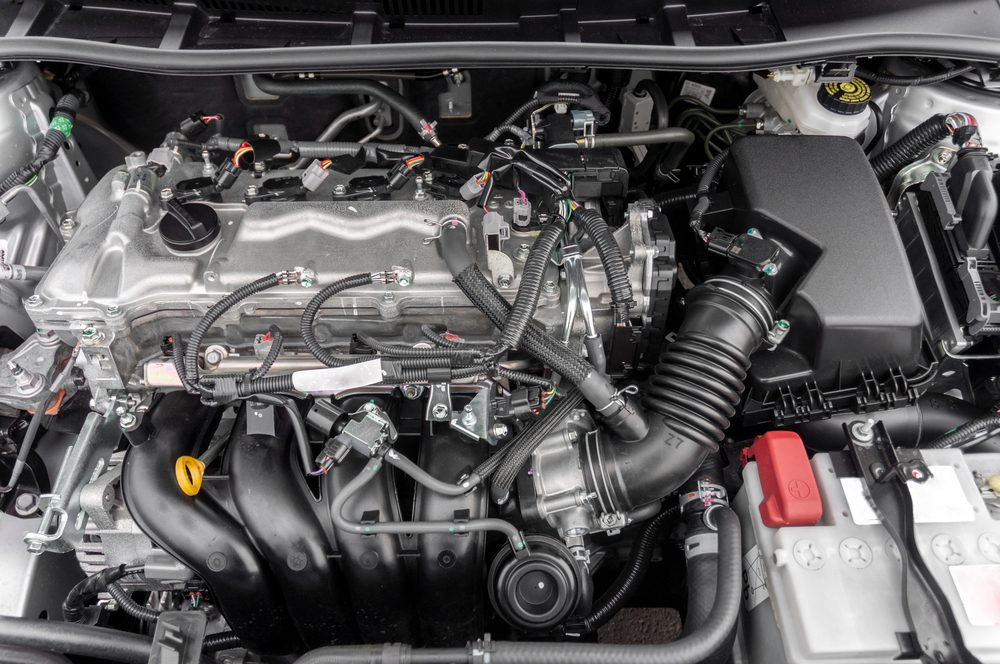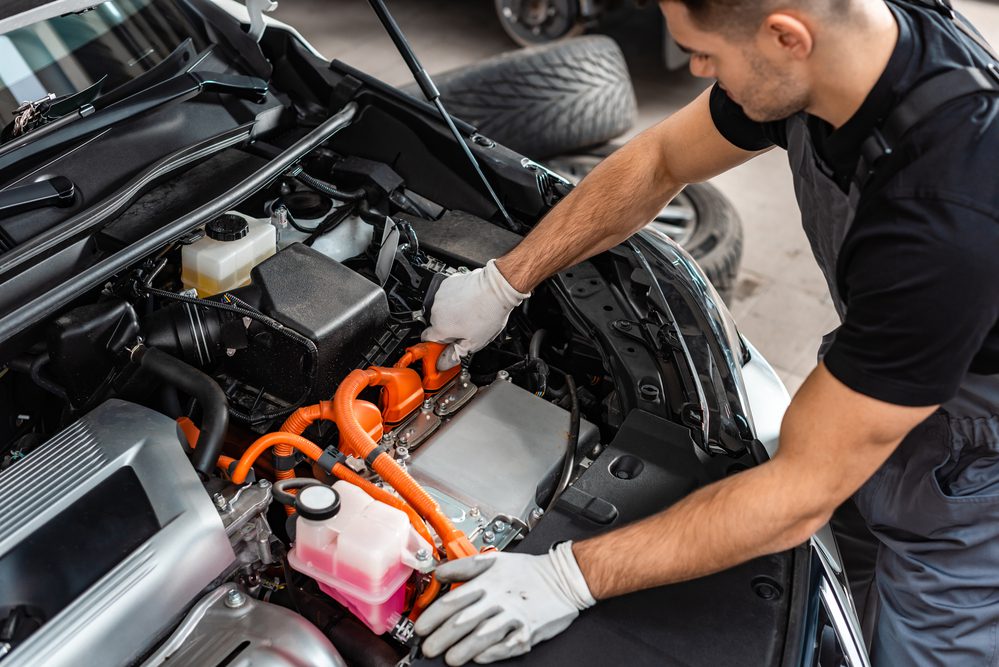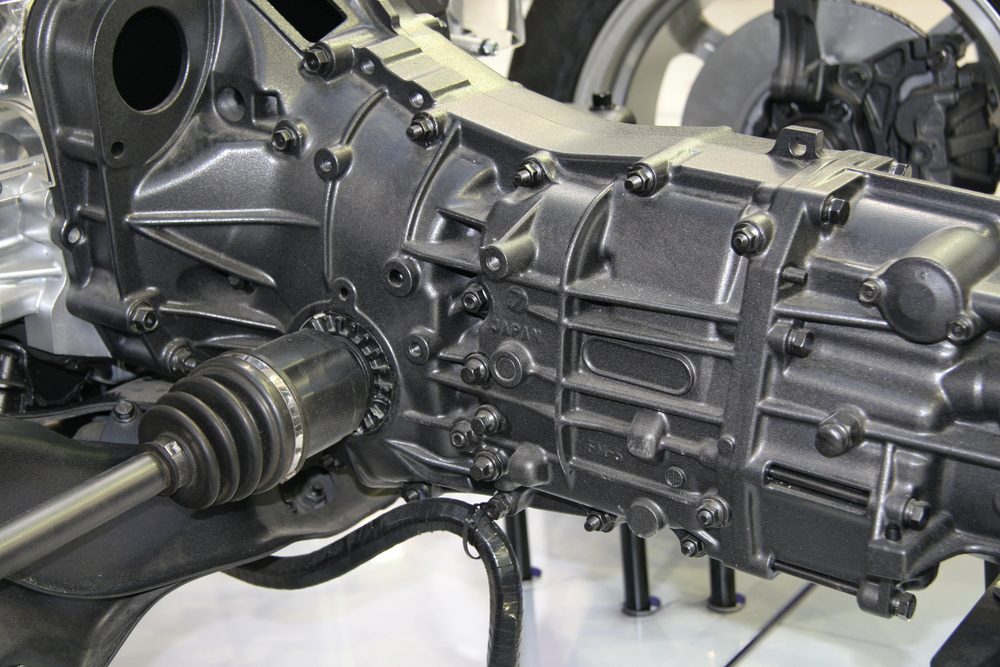What are the disadvantages of ECU tuning?
ECU tuning, also known as engine remapping or chip tuning, is a popular practice among car enthusiasts and performance-minded individuals. It involves modifying the electronic control unit (ECU) of a vehicle to enhance its performance, power, and fuel efficiency. While there are several benefits to ECU tuning, such as increased horsepower and torque, improved throttle response, and better fuel economy, it’s important to consider the potential disadvantages as well.
1. Warranty Concerns
One of the primary drawbacks of ECU tuning is that it can void the manufacturer’s warranty on your vehicle. Most car manufacturers strictly prohibit any modifications to the ECU, as it can potentially compromise the reliability and safety of the vehicle. If you have a newer car and are still covered under warranty, it’s crucial to weigh the potential performance gains against the risk of losing your warranty protection.
2. Increased Stress on Engine Components
ECU tuning typically involves pushing the engine beyond its factory settings to achieve higher levels of performance. While this may result in a noticeable increase in power, it can also put additional stress on various engine components. Over time, this increased stress can lead to accelerated wear and tear, and potentially increase the risk of mechanical failures.
3. Reduced Longevity of Engine
The higher stress levels caused by ECU tuning can also impact the longevity of your engine. Pushing the engine to its limits on a regular basis can result in premature wear and decrease the overall lifespan of the engine. It’s important to consider this trade-off when deciding whether or not to proceed with ECU tuning, especially if you plan on keeping your vehicle for an extended period.
4. Potential for Higher Maintenance Costs
Modifying the ECU can often lead to increased maintenance requirements and costs. The additional strain placed on the engine may necessitate more frequent oil changes, spark plug replacements, and other maintenance tasks. It’s essential to factor in these potential costs when evaluating the overall value of ECU tuning.
5. Difficulty in Reverting Changes
Once the ECU has been tuned, reverting the changes back to the original settings can be a complicated and time-consuming process. This can pose an issue if you need to visit a dealership for repairs or if you decide to sell your vehicle in the future. It’s important to carefully weigh the benefits and drawbacks of ECU tuning before making any permanent modifications.
In conclusion, ECU tuning offers several advantages in terms of performance and fuel efficiency, but it also comes with its fair share of disadvantages. Warranty concerns, increased stress on engine components, reduced engine longevity, higher maintenance costs, and difficulties in reverting changes are all factors that should be considered before proceeding with ECU tuning. It is essential to make an informed decision and weigh the potential risks against the desired benefits for your specific situation.
Are ECU Tunes Safe?
ECU tuning is a popular method used to enhance the performance of vehicles. However, many people have concerns about the safety of this modification. Let’s explore whether ECU tunes are safe or not.
Advantages of ECU Tuning
ECU tuning can bring several benefits such as improved horsepower, torque, and fuel efficiency. It allows for better engine performance and throttle response. Additionally, ECU tunes can remove certain limitations imposed by manufacturers, unlocking the full potential of the vehicle.
Potential Risks
While ECU tuning offers numerous advantages, it’s important to consider the potential risks involved. One of the main concerns is the impact on the longevity of the engine. Aggressive tuning can cause excessive stress on engine components, leading to increased wear and tear. Additionally, improper tuning or a lack of knowledge can result in engine damage or even failure.
It’s essential to have your ECU tune performed by a reputable and experienced professional to minimize the risks.
Quality of the Tune
The safety of an ECU tune largely depends on the quality of the tuning itself. A well-executed tune that takes into account factors such as engine health, fuel quality, and driving conditions is generally considered safe. This is why it’s crucial to choose a reputable tuner who understands the intricacies of ECU tuning.
ECU Tuning and Warranty
Another consideration when contemplating ECU tuning is its potential impact on the vehicle’s warranty. Modifying the ECU can void the manufacturer’s warranty, which means you may be responsible for any repairs or replacements in case of issues. It’s important to weigh the benefits against the potential loss of warranty coverage.
It is recommended to consult with your vehicle manufacturer or authorized dealer to understand the implications of ECU tuning on your warranty.
Does remapping affect engine life?
Remapping, also known as ECU tuning, is a popular method used to enhance the performance of a vehicle’s engine. However, there are concerns about its impact on the engine’s lifespan. Let’s take a closer look at whether remapping affects engine life and what factors should be considered.
Understanding remapping
Remapping involves modifying the settings of the engine control unit (ECU) to optimize performance, increase power, and improve fuel efficiency. This process can involve adjusting parameters such as ignition timing, fuel injection, and turbo boost pressure.
Factors to consider
While remapping can provide several benefits, it’s important to consider its potential impact on engine life. Here are some factors that may influence the longevity of an engine after remapping:
- Vehicle condition: The overall condition of the vehicle, including the engine itself, plays a crucial role in determining how remapping may affect engine life. A well-maintained engine is generally better equipped to handle the increased power and stress resulting from remapping.
- Quality of remap: The expertise and experience of the technician performing the remap can significantly influence engine life. A poorly executed or aggressive remap may put excessive strain on the engine components, potentially leading to premature wear and reduced lifespan.
- Driving style: The way a vehicle is driven after remapping can have a direct impact on engine life. Aggressive driving habits, such as hard acceleration and high-speed driving, can subject the engine to additional stress and increase the risk of damage.
The verdict
When done correctly and under optimal conditions, remapping is unlikely to cause significant harm to an engine’s lifespan. However, it is important to approach remapping with caution and consider the factors mentioned above. Seeking professional advice from reputable tuners and maintaining regular servicing can help mitigate potential risks.
Quote: “Properly executed remapping, combined with responsible driving and regular maintenance, can often result in improved engine performance without compromising longevity.” – Car Enthusiast Magazine
In conclusion, while remapping can enhance engine performance, its impact on engine life depends on various factors. With proper consideration and expert assistance, the potential disadvantages of remapping can be minimized, allowing car owners to enjoy the benefits without compromising the longevity of their engines.
Can a Remap Go Wrong?
Remapping, also known as ECU tuning, is a popular method of enhancing the performance and efficiency of a vehicle’s engine. However, like any modification, there are potential risks involved. While professional remapping performed by reputable tuners minimizes the chances of problems occurring, it is essential to understand that there is still a possibility that a remap can go wrong.
Potential Risks
One of the main risks of a remap is that it may put additional strain on the engine and other mechanical components. This can lead to excessive wear and tear, resulting in increased maintenance and repair costs over time. Additionally, if the remap is not properly calibrated or the modifications made are too aggressive, it could cause engine damage or even complete failure.
Another risk to consider is the impact on your vehicle’s warranty. Many car manufacturers do not support or approve of engine remapping, and modifying the ECU may void your warranty. It is crucial to check with your vehicle manufacturer before proceeding with a remap if you are concerned about maintaining your warranty coverage.
Importance of Professional Tuning
Choosing a reputable and experienced tuner is of utmost importance to minimize the risks associated with a remap. Professional tuners have the expertise and knowledge to assess the capability of your vehicle and make the necessary adjustments to ensure optimal performance without compromising reliability.
When it comes to remapping, it’s always best to invest in quality over cost. Cutting corners and opting for cheap or DIY solutions may ultimately cost you more in the long run if something goes wrong.
Safe Remapping Practices
To mitigate the risks, there are several steps you can take:
- Choose a reputable tuner with positive reviews and a proven track record.
- Ensure the remap is custom-tailored to your specific vehicle and requirements.
- Request before and after dyno tests to assess the performance gains and ensure a safe tuning process.
- Consider a modified warranty or insurance policy that covers any potential issues arising from the remap.
Conclusion
ECU tuning can be safe and beneficial if done correctly. It offers various advantages in terms of performance and fuel efficiency. However, it is crucial to choose a reputable professional and ensure that the tune is performed with caution. It’s also essential to consider the potential impact on the vehicle’s warranty. Overall, with proper research and a cautious approach, ECU tunes can provide an exciting enhancement to your vehicle.
While a remap can significantly enhance your driving experience, it is essential to understand the potential risks involved. By choosing a reliable tuner and following safe remapping practices, you can minimize the chances of something going wrong and enjoy the benefits of improved performance and efficiency.



